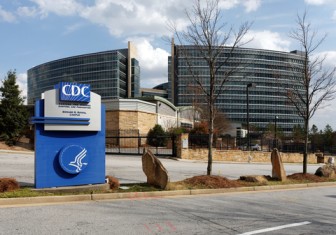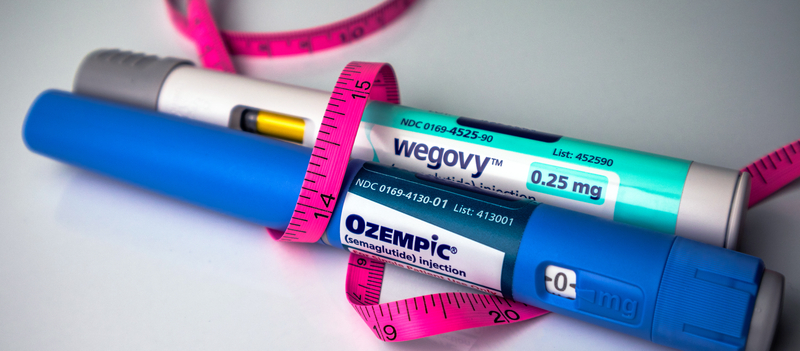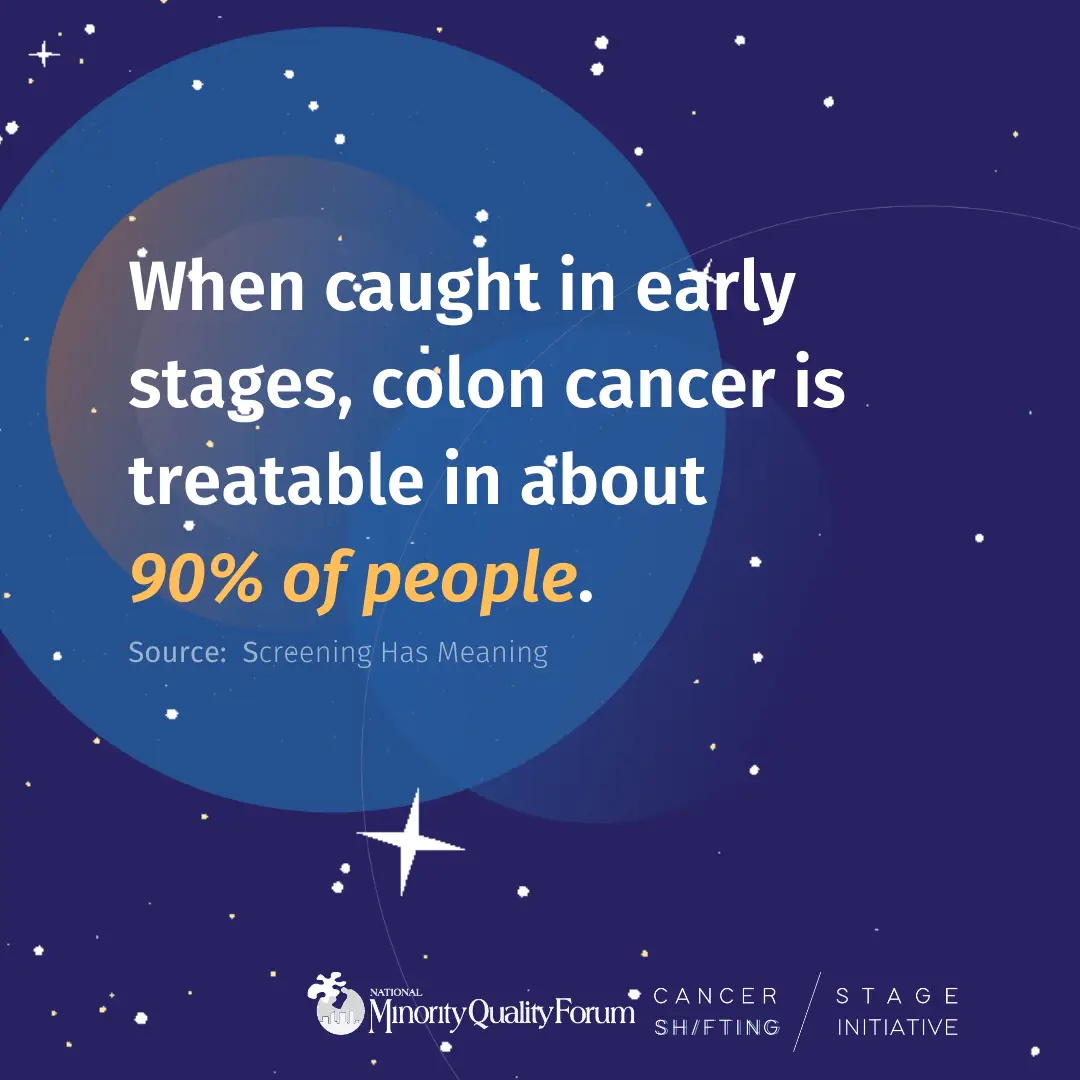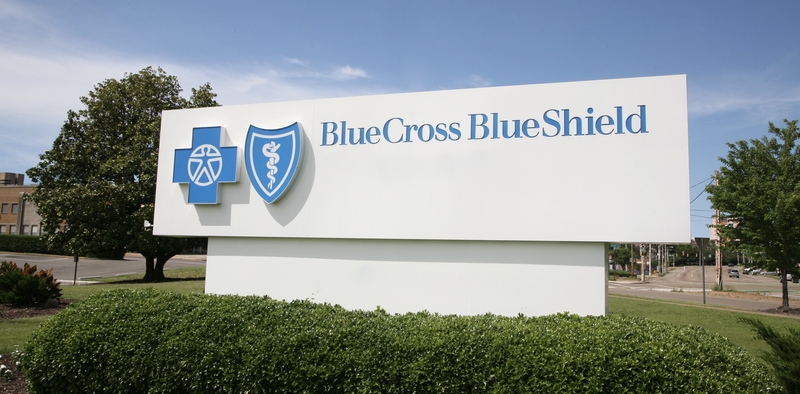
On August 8, 2025, a gunman named Patrick Joseph White, armed with a rifle, attacked the Centers for Disease Control and Prevention (CDC) headquarters in Atlanta. Firing more than 180 rounds at six buildings, he fatally shot DeKalb County police officer David Rose before taking his own life. The attacker reportedly blamed the COVID-19 vaccine for his depression and suicidal thoughts, according to evidence recovered from his home.
In the wake of this tragedy, over 750 current and former staff of the Department of Health and Human Services (HHS)—including employees from the CDC and NIH—signed an open letter addressed to HHS Secretary Robert F. Kennedy Jr. (RFK Jr.) and members of Congress. They accuse him of spreading misinformation and politicized rhetoric that they say has undermined public trust, incited hostility, and contributed to a climate in which violence against health officials became more likely.
Key Concerns Raised by HHS Workers
- Erosion of Trust & Institutional Credibility
The letter denounces RFK Jr.’s actions—such as removing CDC vaccine advisers and spreading skepticism about vaccine safety—as complicit in dismantling public health infrastructure and eroding the foundations of trust vital to the work of agencies like the CDC. - Links to Violence and Harassment
Signatories argue that his rhetoric has “fueled harassment and violence experienced by CDC staff” and describe the August 8 shooting as “not random”, but rather a product of politicized rhetoric. - Demand for Accountability and Safety Measures
The letter calls for immediate actions including: Strengthening emergency protocols by September 2, removing online “DEI watchlists” targeting HHS staff, and public condemnation of misinformation harmful to public health.
RFK Jr.’s Response
RFK Jr. condemned the violence and expressed sympathy for Officer Rose’s family and the CDC staff. In an interview, he resisted linking the shooting directly to vaccine misinformation, stating “we don’t know enough about what the motive was”—despite officials highlighting the shooter’s anti-vaccine beliefs. He visited the CDC campus, met with leadership and Officer Rose’s widow, and pledged support for employee safety.
Context: Misinformation and RFK Jr.’s Track Record
RFK Jr. has a long history—dating back to the COVID-19 pandemic—of promoting anti-vaccine narratives and conspiracy theories. He has described vaccines using inflammatory language, notably removing recommendations for COVID-19 shots in children and pregnant women, questioning mRNA vaccine safety, and dismantling scientific advisory structures like the CDC’s vaccine panel.
Summary
In summary, over 750 current and former HHS workers have accused RFK Jr. of fueling an atmosphere of mistrust and hostility—one that they believe contributed to a deadly attack on the CDC. They demand reformed rhetoric, firmer safety measures, and institutional accountability. While RFK Jr. has expressed condolences and made limited efforts to respond, he has stopped short of addressing the role of his own rhetoric in the crisis. The situation spotlights the fragile intersection of public trust, misinformation, and the safety of health professionals.
Trending Topics
Features
- Drive Toolkit
Download and distribute powerful vaccination QI resources for your community.
- Health Champions
Sign up now to support health equity and sustainable health outcomes in your community.
- Cancer Early Detection
MCED tests use a simple blood draw to screen for many kinds of cancer at once.
- PR
FYHN is a bridge connecting health information providers to BIPOC communities in a trusted environment.
- Medicare
Discover an honest look at our Medicare system.
- Alliance for Representative Clinical Trials
ARC was launched to create a network of community clinicians to diversify and bring clinical trials to communities of color and other communities that have been underrepresented.
- Reducing Patient Risk
The single most important purpose of our healthcare system is to reduce patient risk for an acute event.
- Jessica Wilson
- Victor Mejia
- Jessica Wilson


















